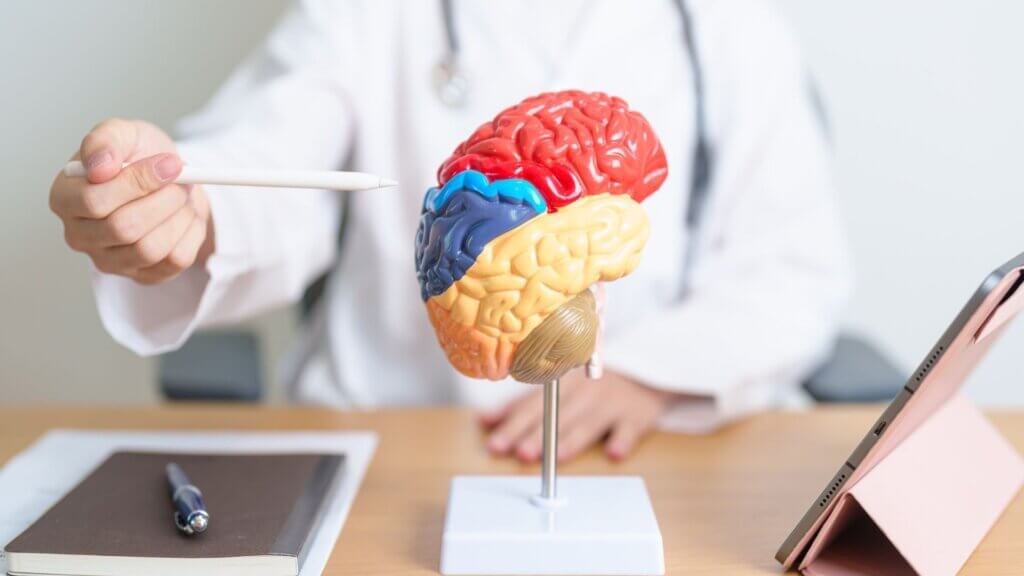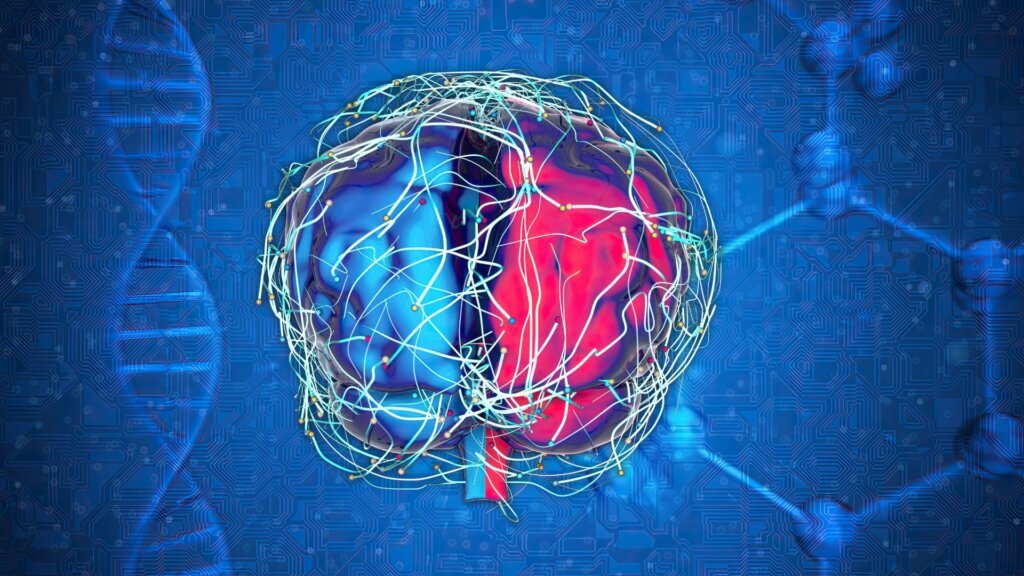Products are selected by our editors, we may earn commission from links on this page.

Understanding why the brain loses efficiency with age has been one of science’s greatest challenges. Recent research from the University of California, San Francisco (UCSF) suggests that a single protein could play a central role in this process. The findings open the door to new ways of slowing, or even reversing, age-related cognitive decline.
A Closer Look at the Culprit

The protein at the center of this discovery is ferritin light chain 1 (FTL1). Known for its connection with iron storage, FTL1 has now been identified as a factor that negatively influences brain health and memory.
How the Study Was Conducted

The research, published in Nature Aging, compared brain activity in young and old mice. Scientists focused on the hippocampus, a key region responsible for learning and memory, to see how genes and proteins change over time.
Evidence in Aging Brains

Older mice showed high levels of FTL1, fewer neuronal connections, and weaker cognitive performance. These biological changes mirror what happens in human brains as memory and processing speed naturally decline with age.
Mimicking Old Age in Young Brains

When researchers artificially increased FTL1 in young mice, their brains began to resemble those of older animals. Memory, behavior, and cellular connectivity declined—confirming the protein’s harmful influence.
Restoring Youthful Brain Function

In contrast, reducing FTL1 levels in aged mice led to remarkable improvements. The animals regained nerve cell connections and performed better in memory tests, showing a reversal of decline rather than just a slowdown.
The Role of Metabolism

The study also revealed that FTL1 disrupts cellular metabolism in the hippocampus. Interestingly, stimulating metabolism with a compound helped prevent this damage, pointing to possible therapeutic strategies.
A New Perspective on Aging

Dr. Saul Villeda, senior author and associate director at UCSF’s Bakar Aging Research Institute, called the findings more than a delay of symptoms. He described them as evidence of true reversal, suggesting that aging may not be as permanent as once believed.
Expert Insights Beyond UCSF

Commenting on the results, neurosurgeon Dr. Paul Saphier noted that protein accumulation is often linked to neurodegenerative conditions such as Alzheimer’s. If FTL1 buildup can be controlled, he argued, cognition might be significantly improved.
Implications for the Future

Previous research has already shown that altering diet and protein balance can affect aging. With this study, scientists are one step closer to understanding how brain health can be preserved. The hope is that targeting FTL1 could eventually lead to treatments that keep minds sharper for longer.

